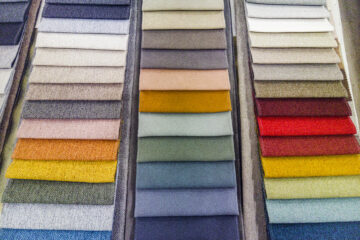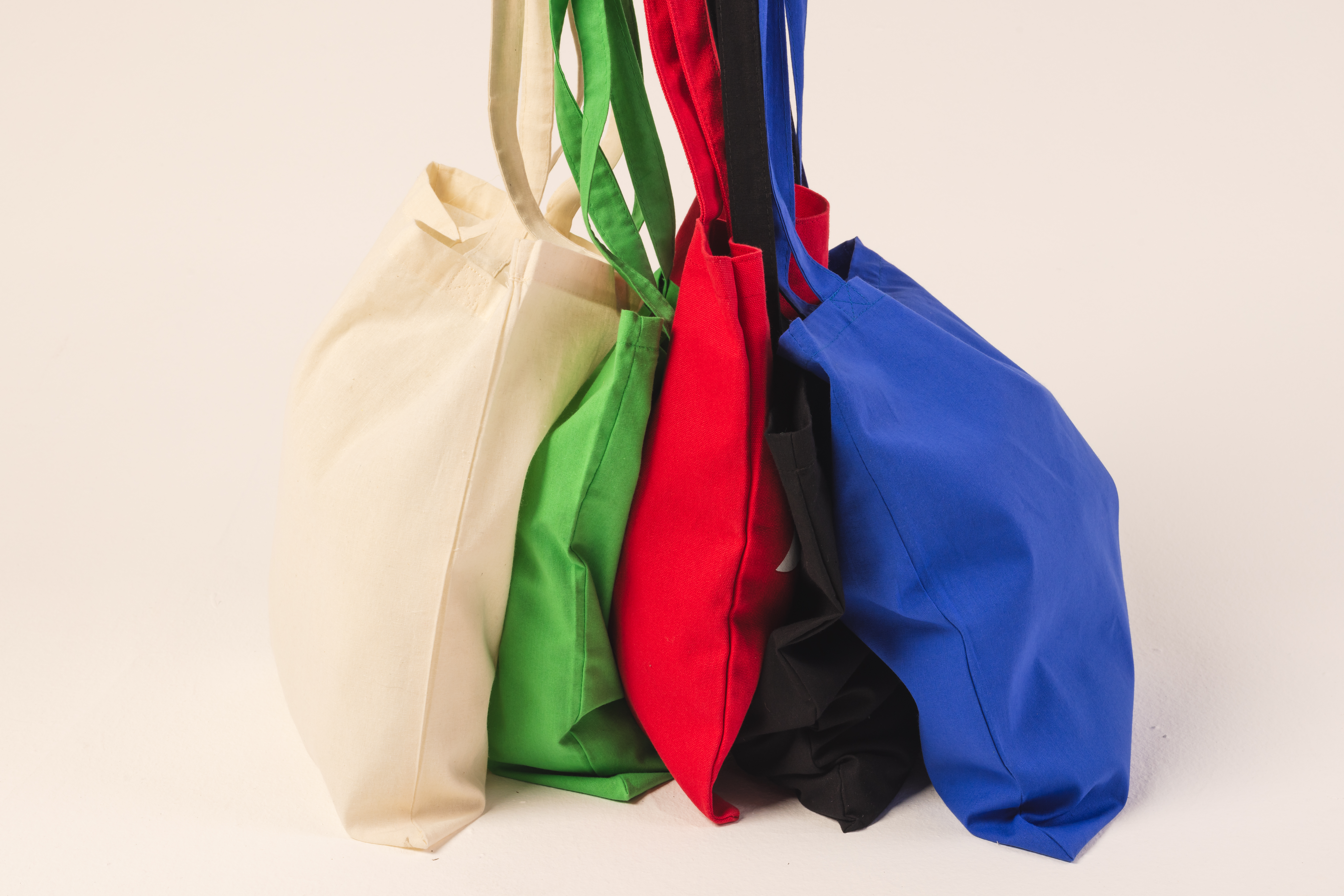The Role of Technology in Fashion: Transforming Sustainability in the Industry
The fashion industry is undergoing a significant transformation, driven not only by evolving designs and trends but also by a growing commitment to sustainability. As concerns about environmental impact and ethical practices intensify, technology has become a key player in addressing these issues. From the initial stages of design to production and retail, innovative technologies are reshaping the industry, revolutionizing each process step and fostering a more sustainable future in fashion.
Technology-Driven Sustainable Design
3D Printing and Customization
3D printing revolutionizes the fashion industry by enabling on-demand production and reducing waste. Traditional manufacturing methods often result in excess inventory and material waste, but 3D printing allows designers to create items precisely as needed, minimizing these issues. This technology also supports customization, allowing consumers to order personalized products that fit their specific needs, reducing the likelihood of returns and overproduction.
For example, Adidas has been at the forefront of using 3D printing to create customized shoes that cater to individual consumer preferences. Their Futurecraft 4D shoes are produced using a digital light synthesis process, which reduces material waste and allows for highly customized designs.
AI-Assisted Design
Artificial intelligence (AI) transforms the design process by optimizing various aspects, from trend forecasting to material selection. AI algorithms can analyze vast amounts of data to predict future fashion trends, helping designers create collections that are both stylish and sustainable. Additionally, AI can suggest sustainable materials and design approaches that minimize fabric waste, further enhancing the eco-friendliness of fashion collections.
Tools like the AI-powered platform Higg provide designers with insights into the environmental impact of different materials, helping them make informed decisions that align with their sustainability goals.
Sustainable Production Technologies
Advanced Fabrication Techniques
New fabrication technologies are making it possible to produce textiles in more sustainable ways. Techniques like waterless dyeing and the development of biodegradable textiles are reducing the environmental footprint of fabric production. Waterless dyeing, for instance, eliminates the need for water in the dyeing process, significantly reducing water consumption and pollution.
Companies like ColorZen have developed processes that make dyeing cotton more efficient and eco-friendly, reducing water use by up to 95%. Meanwhile, innovators like Bolt Threads are pioneering lab-grown materials, such as spider silk and mycelium-based leather alternatives, offering sustainable options that rival traditional textiles in quality and durability.
Supply Chain Transparency with Blockchain
Blockchain technology is emerging as a critical tool for enhancing transparency in the fashion supply chain. By using blockchain, brands can provide consumers with detailed information about the origins of their products, ensuring that materials are sourced ethically and sustainably. This level of transparency is particularly important in the luxury market, where consumers expect high standards of ethical conduct.
Luxury brands like LVMH have started integrating blockchain into their supply chains to verify the authenticity and ethical sourcing of their products. This not only builds trust with consumers but also helps brands meet growing demands for transparency and sustainability.
Technology in Sustainable Distribution and Retail
Eco-Friendly Logistics
Technology is also crucial in making the distribution of fashion more sustainable. Innovations in logistics, such as route optimization software and energy-efficient transportation methods, are helping reduce the carbon footprint of fashion distribution. Additionally, advancements in packaging technology, such as the use of biodegradable and reusable packaging materials, are minimizing waste.
Companies like UPS use advanced logistics technology to optimize delivery routes, reducing fuel consumption and emissions. Similarly, brands like RePack are offering reusable packaging solutions that customers can return after use, significantly reducing packaging waste.
Digital Fashion and Virtual Showrooms
The rise of digital fashion and virtual showrooms is another example of how technology is reducing the environmental impact of the fashion industry. Virtual try-ons and digital-only collections eliminate the need for physical samples, reducing waste and saving resources. Virtual showrooms also reduce the need for travel, lowering the carbon footprint associated with attending fashion events and trade shows.
Brands like The Fabricant lead the way in digital-only fashion, creating virtual garments that exist purely digitally. This innovation not only reduces waste but also opens up new creative possibilities for designers and consumers alike.
The Consumer Connection: Technology-Enhanced Sustainable Shopping
E-commerce and Sustainability
E-commerce platforms increasingly use technology to promote sustainable fashion. AI-driven personalized recommendations, for example, can help consumers discover eco-friendly products that match their preferences, making it easier to make sustainable choices. These platforms also allow brands to showcase their sustainability efforts, providing transparency and building consumer trust.
Augmented reality (AR) and virtual reality (VR) are also being used to enhance the online shopping experience. By allowing consumers to virtually try on clothes or see how products fit in their environment, these technologies reduce the likelihood of returns, which is a significant source of waste in the fashion industry.
Consumer Education and Engagement
Technology is a powerful tool for educating consumers about sustainability. Apps, websites, and social media platforms are being used to inform consumers about the environmental and ethical impact of their purchasing decisions. For example, apps like Good On You offer sustainability ratings for fashion brands, helping consumers make informed choices.
Brands are also using technology to engage with consumers on sustainability issues. Social media campaigns, interactive websites, and educational content are all part of the effort to raise awareness and drive change in consumer behavior.
Future Innovations in Fashion Technology
Wearable Technology and Smart Textiles
Looking ahead, wearable technology and smart textiles are poised to further transform sustainability in fashion. Innovations such as self-repairing fabrics, clothes that adapt to environmental conditions, and garments that monitor and regulate body temperature are not only enhancing functionality but also promoting sustainability by extending the lifespan of clothing.
For instance, companies like Spiber are developing protein-based materials that mimic the properties of natural fibers but are biodegradable and have a lower environmental impact.
AI and Predictive Analytics for Sustainability
AI and predictive analytics are increasingly being used to forecast demand more accurately, helping brands reduce overproduction and waste. By analyzing consumer behavior and market trends, AI can help fashion companies produce the right amount of inventory, minimizing unsold stock that often ends up in landfills.
These technologies are set to revolutionize the fashion industry, making it more responsive to consumer needs while reducing its environmental footprint.
Technology as a Catalyst for Sustainable Fashion
Technology is undeniably a catalyst for sustainability in the fashion industry. From design and production to distribution and consumer engagement, technological innovations are helping fashion brands reduce their environmental impact and meet the growing demand for ethical and sustainable practices.
As technology evolves, it will offer even more opportunities for the fashion industry to innovate and lead the way in sustainability. For brands willing to embrace these changes, the future holds the promise of a more sustainable and ethical fashion industry that aligns with the values of today’s consumers.
Ready to embrace the future of fashion with sustainable and innovative solutions? At Softline Brand Partners, we specialize in helping fashion brands integrate cutting-edge technologies and ethical practices into every aspect of their business. Contact us today to learn how we can partner with you to create a fashion brand that stands out for its commitment to innovation and sustainability.










